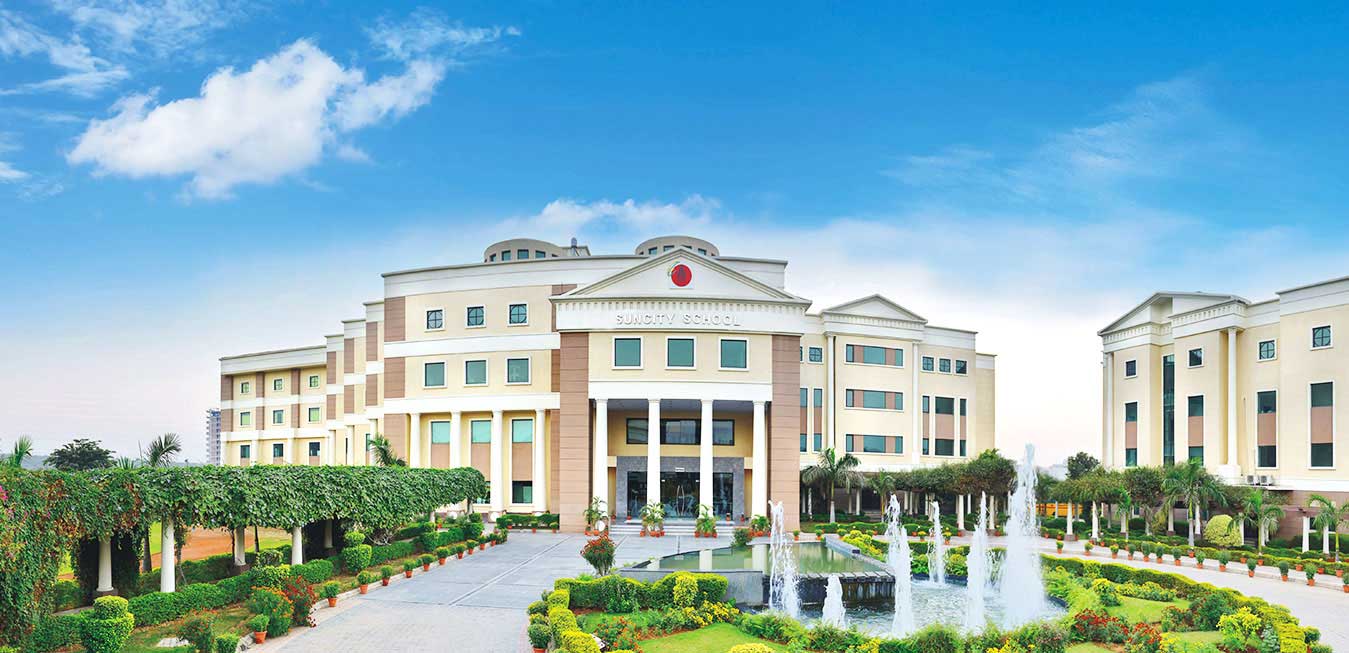University of Cambridge International Examinations is the world's largest provider of education programmes and qualifications. Over 9000 schools in 161 countries around the world offer the Cambridge qualifications. It is a part of Cambridge Assessment, a not-for-profit department of the 800 year old University of Cambridge.
A*,A, B,C,D,E,F and G.
(Grade A* is awarded for exceptional levels of achievement).
To take account of differing abilities, there is a choice between Core and Extended curriculum papers in most subjects. This allows teachers to decide on the most appropriate level of papers for their students.
The Core curriculum in each subject is within the ability range of a large majority of students. It provides a full overview of the subject and is targeted at students expected to achieve grades C to G. The Extended curriculum, which comprises the Core curriculum and the Supplement, has been designed for the more academically able and leads naturally into higher education or professional training. It is targeted at those expected to achieve grades A to E.
No. There will be no mention of Core or Extended selection on the marksheet.
The school in consultation with the parents will decide whether a student will opt for Core or Extended paper.
In IGCSE, over 70 subjects are available, including more than 30 language courses. However the top ten Cambridge IGCSE subjects worldwide are:
- Mathematics (Without Coursework)
- English as a Second Language
- First Language English
- Biology
- Physics
- Chemistry
- Geography
- Literature (English)
- Business Studies
- Information and Communication Technology
Yes, it is recognized by CBSE, CISCE and state education boards in India as a qualification for entry to Class XI or for other higher secondary education courses. It is also a recognized Class X qualification, as one of the prerequisites for admission to undergraduate courses in India.
Firstly, it is an international examination with worldwide recognition and credibility.
Secondly, it encourages – indeed, demands – the questioning and discovery method of learning, rather than relying on rote learning.
Thirdly, it provides excellent preparation for the International Baccalaureate Diploma Programme that students follow in Classes XI and XII. Students who have taken the IGCSE Programme will be familiar with the styles of learning and the expectations of the IBDP.
Lastly, the coursework and practicals provide strong skill development and application orientation.
We currently offer Spanish and French as foreign languages.
Although our Class X students have the opportunity to seek admission to the IB Diploma Programme in Classes XI and XII, the final choices are driven by considerations of their own plans about further learning and future career preferences as well as the School’s standards of academic performance / achievement and norms of acceptable behavior.
The IGCSE board examinations are held in May-June and the results are announced online in the 2nd week of August every year, with the print copies of results available in the School by the 3rd week of August. The certificates are issued mid-October. These timelines do not synchronize with the admissions schedules of the Indian +2 boards (ISC/CBSE/HSC). Thus, the time-lag between the announcement of IGCSE results and the Class XI admissions timelines in India acts, to some extent, as a limiting factor with respect to options within the Indian curriculum.
Please note that we are shifting to the March series from the 2018-2020 batch. Also, the results of the March series are declared in mid- May. However it is also important to know that some students may still be appearing for the May- June series for any subjects that are not offered in the March series. The session for the 2018 batch, hence starts on April 3. For further information- please refer to www.cambridgeinternational.org
It is also pertinent to note that students who pursue programmes like the IB Diploma, GCE 'A' Levels and so on, after their IGCSE Class X, will also have the option to study at universities in India.



